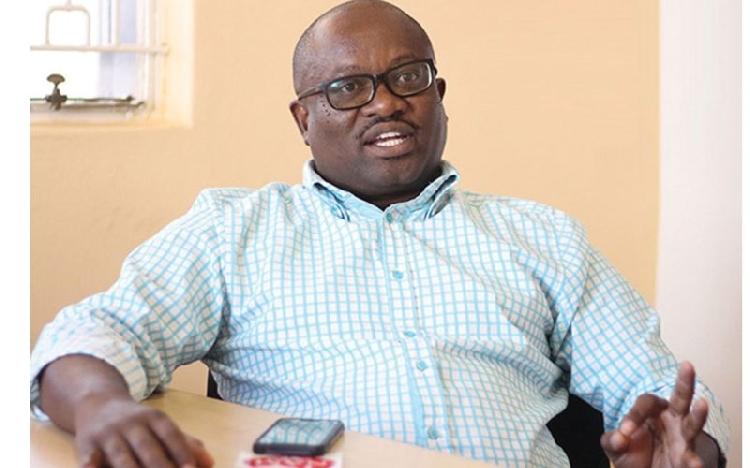Africa-Press – Namibia. LANDLESS People’s Movement (LPM) lawmaker Henny Seibeb said all major agreements signed by the government should be vetted by parliament.
“All big deals, which exceed a certain threshold, must be brought to parliament for discussion and approval.
“This is what mature democracies do, for openness and transparency, not lip service and hiding under strict investment conditions to splash contracts to each other,” Seibeb said while contributing to the budget debate on Tuesday.
The government’s decision to hand- pick a novice German consortium to develop the country’s ambitious green hydrogen industry was severely criticised in the National Assembly yesterday, with Seibeb rebuking finance minister Iipumbu Shiimi for failing to bring the green hydrogen deal to parliament for discussion.
“The government announced that it has chosen the German consortium, Hyphen Hydrogen Energy, as the preferred bidder for this green hydrogen project in Tsau //Khaeb National Park.
“It is said that the large-scale green hydrogen project is the most notable project in the government’s Southern Corridor Development Initiative in the //Kharas region, but key political actors and the regional government are left out,” said Seibeb.
The opposition lawmaker also expressed his frustration about the agreement that grants the German company the rights to operate the project, set to begin in 2026, for 40 years.
Despite the enormity of the project, Seibeb said parliament continues to be sidelined in all matters concerning the N$9,4 billion initiative.
“The country wants to establish itself as a major power in the production of green hydrogen, but this parliament is continuously being ignored,” he said.
Seibeb’s frustration emanated from the process involved, including how Hyphen Hydrogen Energy was chosen as the preferred technical partner.
Experts have expressed concern that the agreement could hold major implications for Namibia.
“This potential project is so large that it will have important implications for Namibia’s macro-economy and public finances. Policymakers and the general public should take a critical approach to the development of this exciting new industry,” according to a 2022 democracy report by the Institute for Public Policy Research (IPPR).
The IPPR report raised pertinent questions, including who would finance the project and who would bear the risks associated with it.
In August 2021, Namibia and Germany signed an agreement of intent worth over N$680 million, which the IPPR had said gave Germany and its German partners a privileged role in the country’s green hydrogen project.
For More News And Analysis About Namibia Follow Africa-Press






